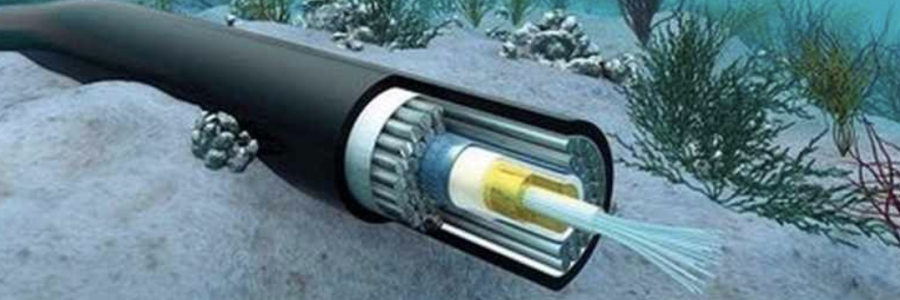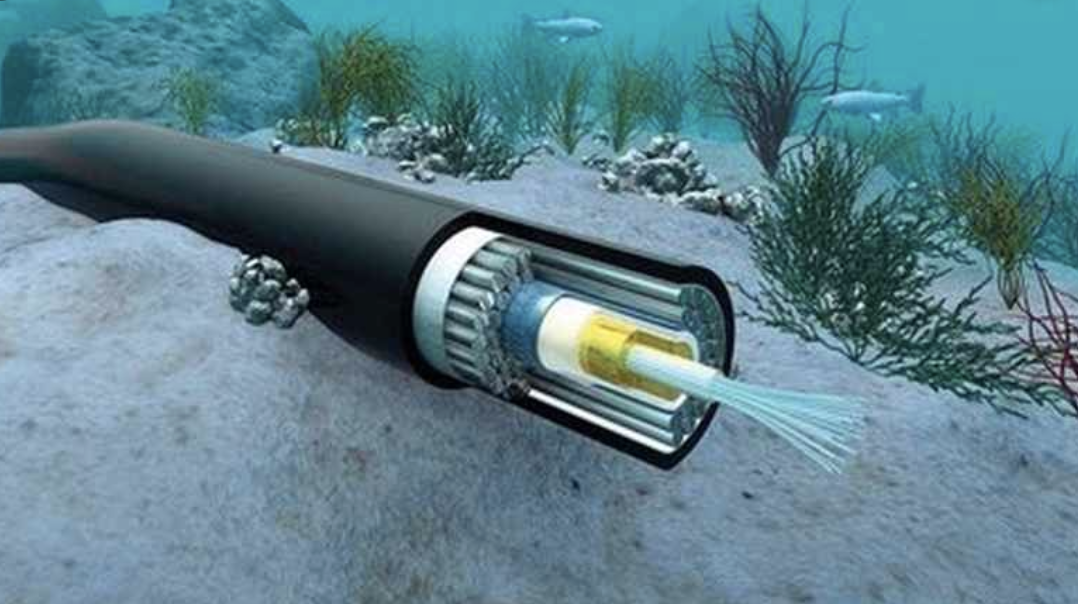
Russia tests alternative internet

Russia has successfully tested a country-wide unplugged internet alternative to the global internet, its government announced.
Experts remained concerned about the trend for some countries to dismantle the internet.
“It means people will not have access to dialogue about what is going on in their own countrym as they will be kept within their own bubble.”
The initiative involves restricting the points at which Russia’s version of the net connects to its global counterpart, giving the government more control over what its citizens can access.
Countries receive foreign web services via undersea cables or nodes connection points at which data is transmitted to and from other countries’ communication networks. These would need to be blocked or at least regulated which requires the co-operation of domestic ISPs and would be much easier to achieve if there were just a handful of state-owned firms involved, which could create an alternative system.
In Iran, the National Information Network allows tyo web services while policing all content on the network and limiting exernal information run by the state-owned telecommunication company of Iran.
One of the advantage of turning all internet access to government controlled walled garden, is that virtual private networks (VPN’s) often used to circumvent blocks, would not work, Russia’s own tech giant Yandex and Mail.Ru and other local firms benefit.
The state-owned Tass News Agency reported the tests has assessed the vulneranbility of internet-of-things devices, and also involved an exercise to test Runet’s ability to stand up to “external negative influences”.
